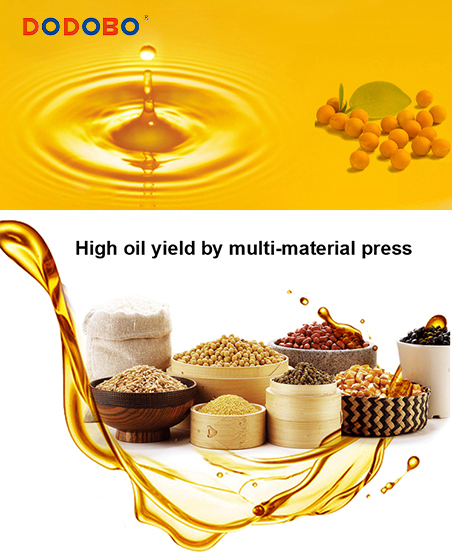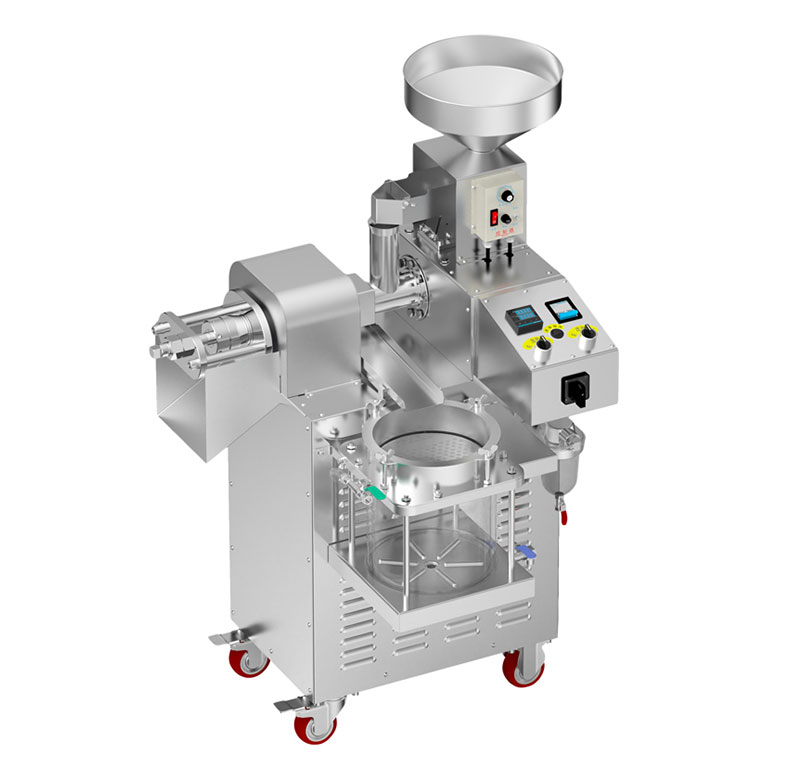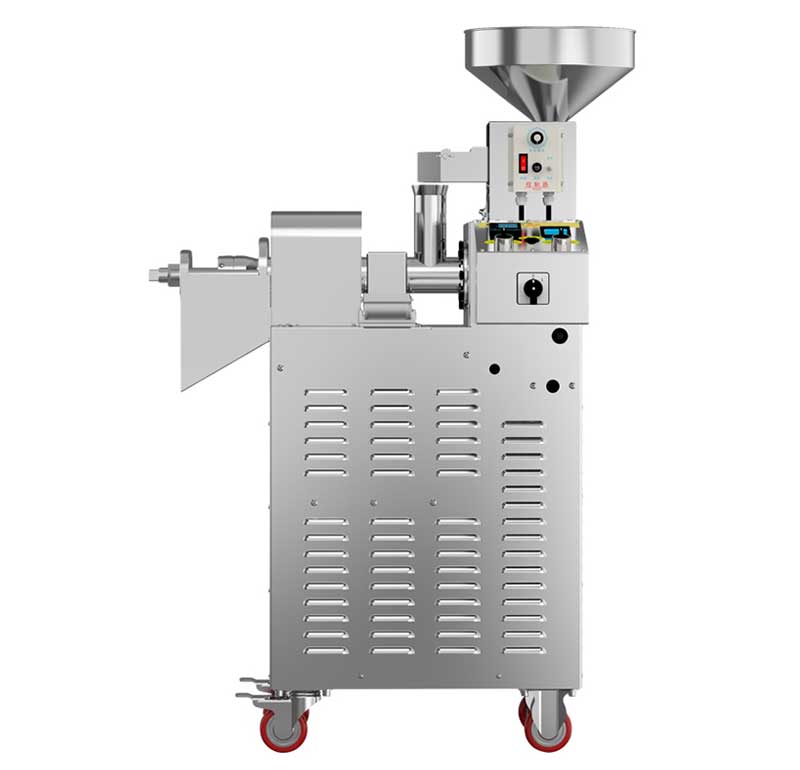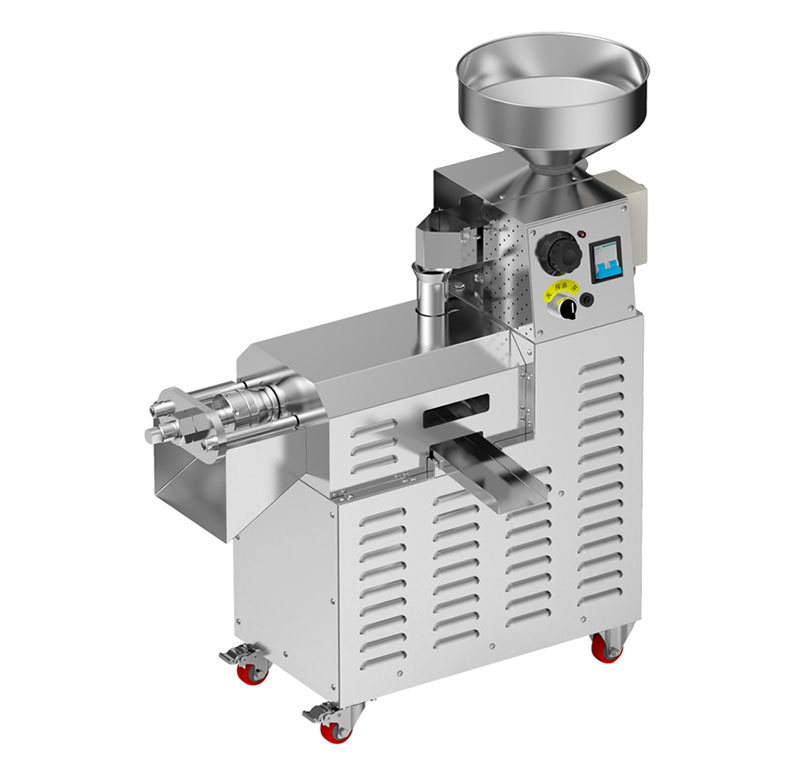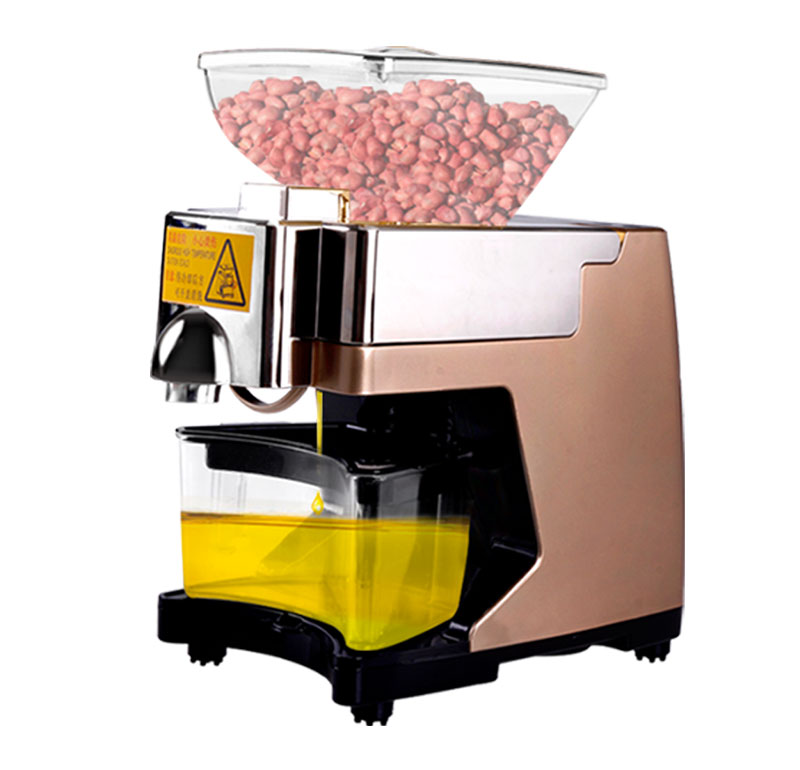Is the oil squeezed at home better than the one bought outside?
With the growing concern about food safety, any modern processing technology brings doubts. Many believe that traditional, previous processing techniques are always safe and healthy. such as cooking oil. Is homemade oil really better?
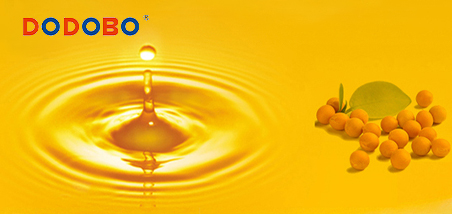
The so-called "self-pressed oil" refers to the oil obtained by the oil-pressing workshop by providing rapeseed, peanut, soybean and other oil crops. In food technology, such oils are called "crude oils". The main component of edible oil is triglycerides. In crude oil, there are also considerable impurities such as phospholipids and free fatty acids.
In the modern food industry, pressing has become an obsolete process, and solvent leaching is now generally used. Whether it is pressing or leaching, the oil obtained must be refined to remove impurities, decolorized and deodorized before it is sold. The refined oil is lighter in color, lighter in taste and better in stability. Because crude oil has a flavor that refined oil does not have, many people believe that crude oil is more nutritious and safer.

We know that when oil is heated to a certain temperature, it will smoke. The smoke that comes out contains a substance called acrolein, which has a strong irritating effect on the eyes and respiratory tract. In World War I, acrolein was even used as a chemical weapon. In addition, smoke will produce other harmful substances.
The temperature at which the oil starts to smoke is called the "smoke point". The smoke point is related to the type of oil. For example, the smoke point of crude sunflower oil is less than 110 degrees Celsius, while the smoke point of crude sesame oil is close to 180 degrees Celsius. The smoke point of the same type of oil is closely related to the impurities in it. The smoke point of crude soybean and peanut oil is around 160 degrees Celsius, and it can reach more than 230 degrees Celsius after refining. From a safety standpoint, "house-pressed oil" is not as good as refined oil.
However, some healthy components in vegetable oils, such as vitamin E and phytosterols, are also partially removed through refining. In some cases, losses can reach tens of percent. Therefore, from a nutritional point of view, "home-pressed oil" has certain advantages over refined oil.
